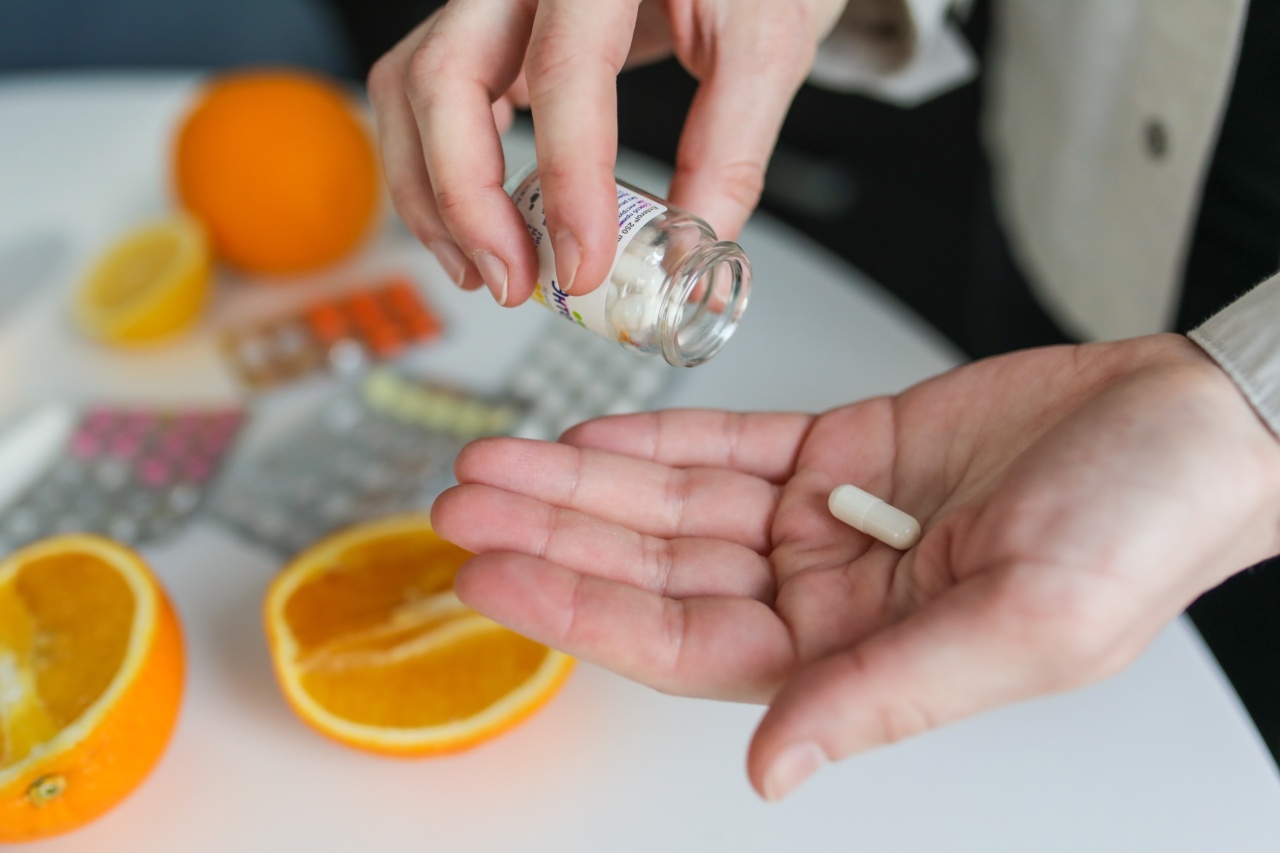Inflammatory bowel disease (IBD) is a chronic condition that affects the gastrointestinal (GI) tract. It includes two main conditions: Crohn’s disease and ulcerative colitis.
Both of them are characterized by chronic inflammation, which leads to tissue damage and gut dysfunction. Unfortunately, there is no known cure for IBD, and the treatments available only aim to reduce symptoms and control inflammation. However, non-medical treatments for IBD can help prevent some complications and improve the overall outcome of the disease.
One of these complications is IFNE (intestinal fibrosis and strictures). In this article, we will discuss how non-medical treatments can prevent IFNE in IBD patients.
What is IFNE?
IFNE stands for intestinal fibrosis and strictures. It is a complication of IBD that occurs when chronic inflammation damages the intestinal lining and causes excessive scarring.
Over time, this scarring can narrow the intestinal lumen, leading to strictures (narrowing of the gut) and obstructive symptoms. IFNE can occur in any part of the GI tract affected by IBD, but it is most common in the small intestine (in Crohn’s disease patients).
Why is IFNE a concern for IBD patients?
IFNE can have a significant impact on the health and quality of life of IBD patients. It can cause symptoms such as abdominal pain, bloating, constipation, and diarrhea.
Moreover, it can lead to complications such as bowel obstruction, abscess formation, and fistulae (abnormal connections between organs). In severe cases, IFNE may require surgery to remove the damaged portion of the intestine. Therefore, preventing IFNE should be a priority for IBD patients and their healthcare providers.
How can non-medical treatments prevent IFNE in IBD patients?
Non-medical treatments for IBD include lifestyle modifications, dietary changes, and alternative therapies. While these treatments cannot cure IBD or eliminate inflammation, they can help reduce symptoms and prevent complications such as IFNE.
Here are some examples:.
Dietary changes
Several dietary factors have been linked to IBD flare-ups and increased risk of IFNE. For example, high intake of red and processed meat, refined sugar, and saturated fats may worsen inflammation and promote fibrosis in the gut.
On the other hand, some foods have anti-inflammatory properties and may have a protective effect against IFNE. These foods include:.
- Fruits and vegetables (especially berries, leafy greens, and cruciferous vegetables)
- Whole grains (such as brown rice, quinoa, and oats)
- Fish rich in omega-3 fatty acids (such as salmon, sardines, and mackerel)
- Probiotic and prebiotic foods (such as yogurt, kefir, sauerkraut, and kimchi)
In addition, some IBD patients may benefit from a low-fiber or low-residue diet to reduce the workload on the gut and prevent straining during bowel movements.
However, these diets should be individualized and monitored by a registered dietitian to avoid nutrient deficiencies and ensure proper energy intake.
Stress management
Stress has been linked to IBD flare-ups and disease progression. In addition, chronic stress can affect gut motility and promote intestinal fibrosis.
Therefore, stress management techniques such as relaxation therapy, meditation, yoga, and cognitive-behavioral therapy may be beneficial for some IBD patients. These therapies may help reduce anxiety, depression, and other psychological symptoms associated with IBD, leading to better disease control and less risk of IFNE.
Exercise
Regular exercise has many health benefits, including improved gut function and reduced inflammation.
In addition, exercise may help prevent IFNE by promoting blood flow to the intestines and reducing the risk of obesity and metabolic imbalances (which can worsen IBD and promote fibrosis). However, IBD patients should work with their healthcare providers to develop an exercise plan that takes into account their disease activity, symptoms, and physical fitness level.
Alternative therapies
Some IBD patients may benefit from alternative therapies such as acupuncture, herbal medicines, and mind-body techniques.
While the evidence for these therapies is limited, some studies have suggested that they may reduce inflammation and improve quality of life in IBD patients. However, these therapies should be used with caution and under the guidance of a qualified practitioner, as they may interact with medications and cause side effects.
Surgical intervention
In some cases, surgical intervention may be necessary to prevent or treat IFNE in IBD patients.
Surgery may involve removing the damaged portion of the intestine and reconnecting the healthy segments (bowel resection), or creating an artificial opening in the abdominal wall to allow for stool elimination (ostomy). Surgery is usually reserved for severe cases of IFNE that do not respond to medical or non-medical treatments.
Conclusion
IFNE is a common and serious complication of IBD, but it can be prevented or minimized with non-medical treatments such as dietary changes, stress management, exercise, alternative therapies, and surgical intervention.
IBD patients should work with their healthcare providers to develop a comprehensive treatment plan that addresses both medical and non-medical aspects of the disease. By taking a holistic approach to IBD management, patients can achieve better outcomes and improve their quality of life.






























